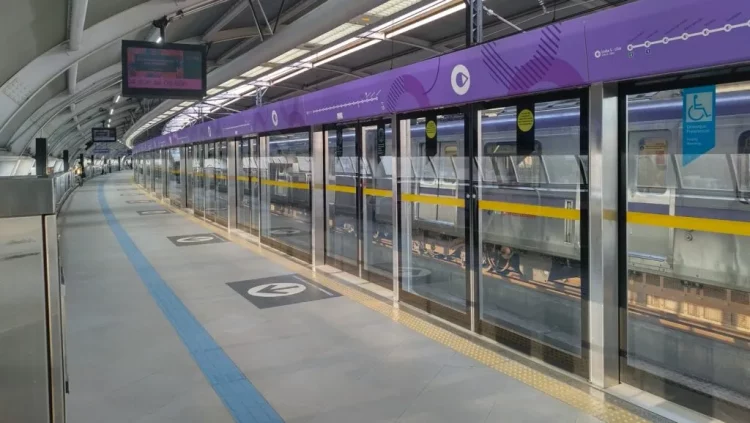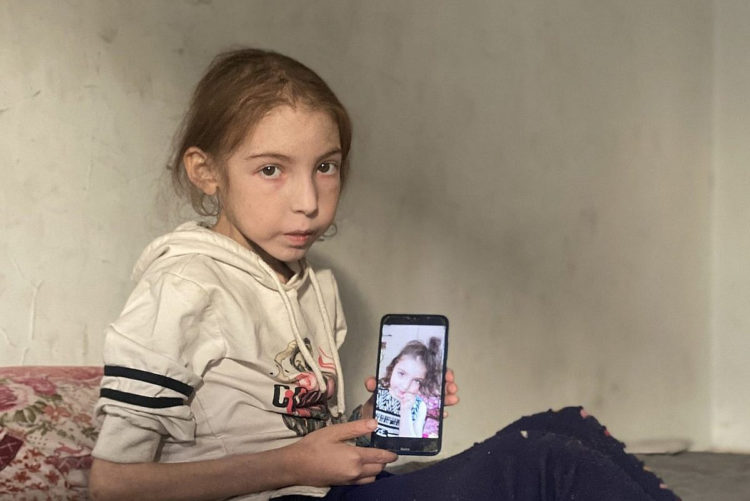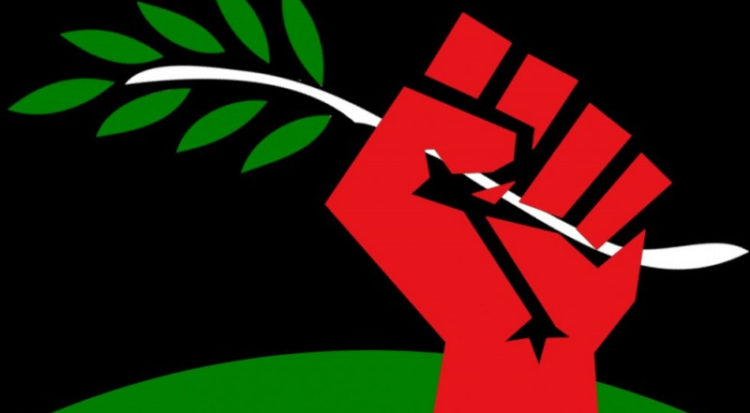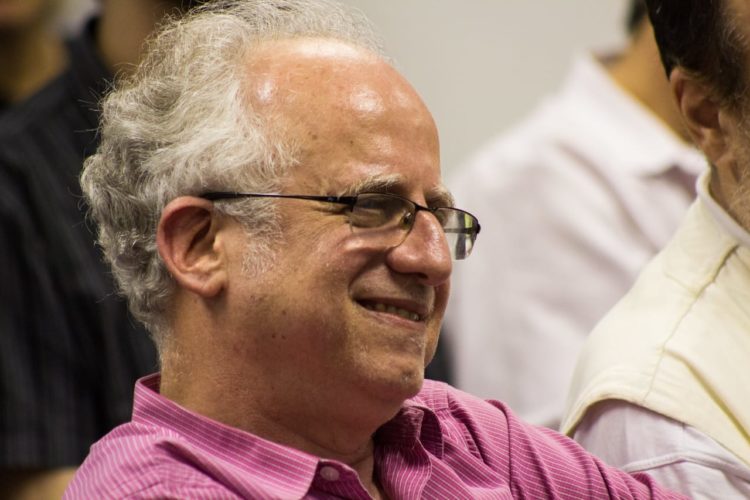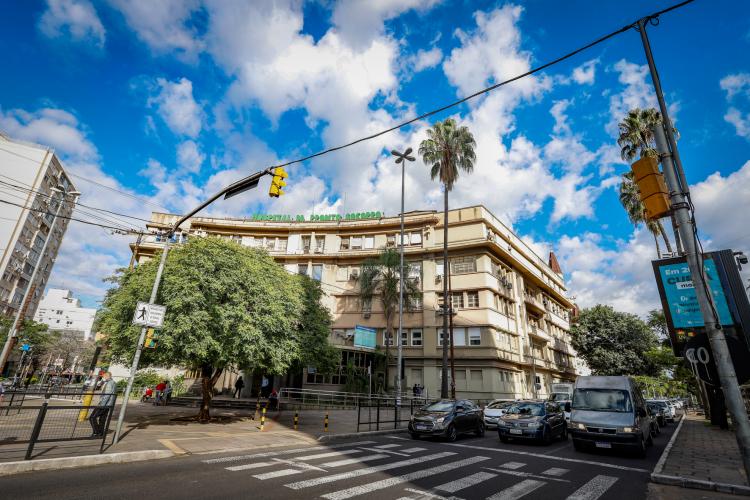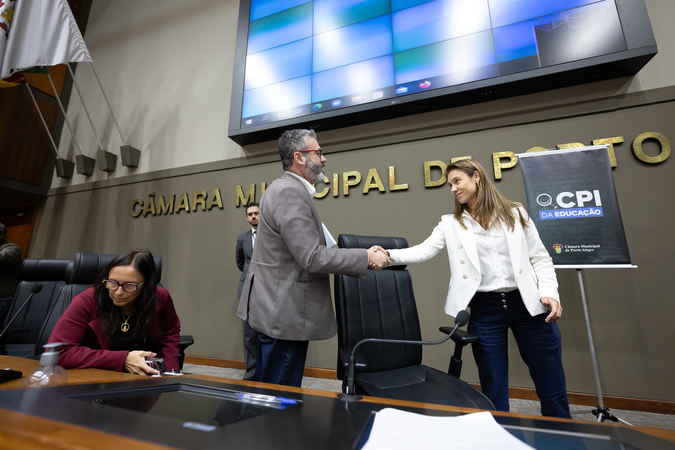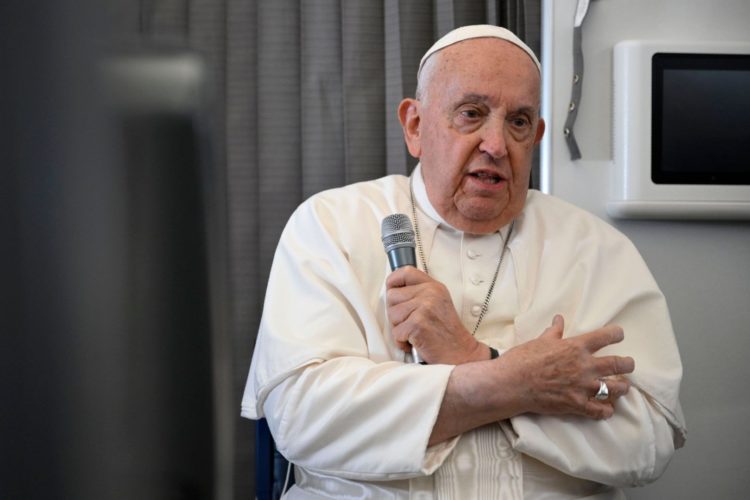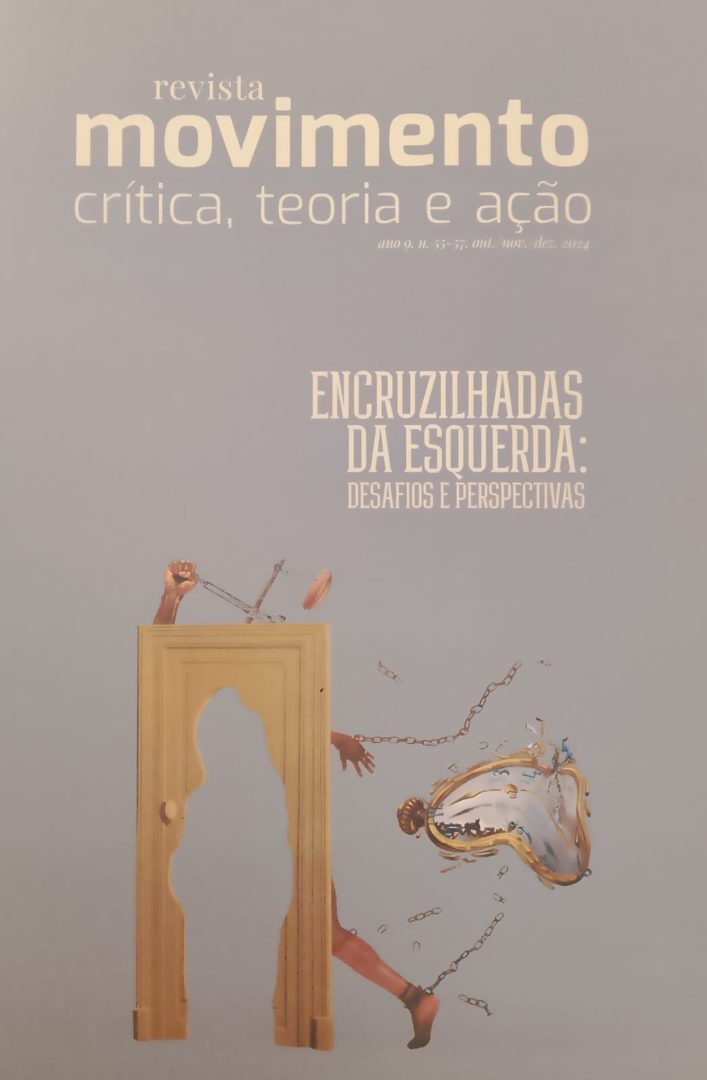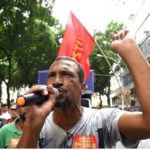The hottest days of our lives
Before it’s too late, it’s time to fight back
There was no escape. Anyone who has been in Brazil in the last few days has had no choice but to survive the heat wave. Record high temperatures have devastated countless regions, especially in the Southeast and Center-West, with strong repercussions in São Paulo and Rio de Janeiro.
At the same time, devastating storms continue in southern Brazil. The strength of the sea in Santa Catarina has even been described as a small “tsunami”. The two most immediate consequences are the deaths and the qualitative change in the way of life; both hit the poorest and most vulnerable the hardest and most unequally.
The death of a Taylor Swift fan at a concert in over 50-degree weather at the Engenhão stadium in Rio de Janeiro has shaken the country and social networks. A tragedy directly related to the climate crisis. The young Ana Clara Benevides died from hemorrhages due to “heat, sunstroke and dehydration”, according to the medical report. The next day’s concert was cancelled due to the high temperatures.
The era of “global boiling” is here to stay. In recent weeks, millions of Brazilians have come to this grim conclusion. It is up to the left to understand, dialogue and position itself in the face of this new reality.
A new normal in Brazil
50 degrees as a wind chill and 40 degrees on the thermometers: temperatures have broken records. The suffering of millions of Brazilians should not be temporary. There is a “new normal”: three capitals in southeastern Brazil, such as Rio de Janeiro, Belo Horizonte and São Paulo, have recorded the highest temperatures for a month of November in recent weeks. This “new normal” combines high temperatures, storms and fires like the ones we saw in the Pantanal. Rio Grande do Sul, Santa Catarina and Paraná had storms that caused disruptions, deaths and thousands of homeless. The Amazon states continue to suffer unprecedented drought.
What are the immediate causes of such a climatic disaster? The heat wave is a direct consequence of global warming – or global boiling – which has greatly increased temperatures in several parts of the world. In the Brazilian case, it is El Niño, a climatic phenomenon that affects the Pacific Ocean and is expected to last until next fall. Science explains that global warming is caused by greenhouse gases – the most important of which is carbon dioxide – which retain the sun’s heat in the atmosphere and are released when so-called fossil fuels, such as coal and oil, are burned, generating climate change.
On the eve of COP28, a report by the United Nations Environment Program (UNEP) stated that the world is heading towards an infernal increase of 3ºC in global warming, according to The Guardian. Meanwhile, scientists from the European observatory Copernicus announced that 2023 should end up being the hottest year in the last 125,000 years. This is a frightening statistic.
Heat is not the same for everyone
Thiago Amparo, columnist for Folha de S. Paulo, presented an “essential” definition: heat has color and class. Noble neighborhoods with better access to services and resources can “defend” themselves better from the unbearable heat compared to those who depend on overcrowded buses without air conditioning, to give an elementary example. If we follow the “thread” of contradictions, we can point to even more serious situations: public schools have become ovens, and children and adolescents find it harder to concentrate and learn. People with disabilities and those who depend on SUS, who live in irregular housing conditions in favelas and neighborhoods on the outskirts of the country, also suffer.
Restricted access to drinking water is another characteristic of inequality in Brazil. As stated by state deputy Mônica Seixas (PSOL-SP), who uses the concept of “environmental racism” to describe the huge difference in access to resources and exposure to environmental risks. Mônica has also fought hard in Parliament against the privatization of water in the state of São Paulo, as the government of Tarcísio de Freitas wants to sell SABESP.
Natural catastrophes are aggravated by the structural condition of inequality, which causes more and more devastation of lives. The other side of the coin is revealed by Oxfam data on who is really responsible for the collapse we are living: the richest 1% emits the same amount of pollution as 5 billion people, according to 2019 data.
Don’t change the climate, change the system
Immediate action is needed to lift the planet’s emergency brakes. We can list three dimensions for action:
1) to put emergency measures on the agenda, in the form of laws and guarantees so that the working population can defend itself from the heat wave: from preventing the cutting off of energy and water to defaulters, to protective measures for those who work on the street, declaring climate emergency strips, as many countries are already doing;
2) think of an integrated energy transition plan, taking into account the demands of workers, thinking of compensatory policies, defending the Amazon and taking a stand against oil exploitation, as the Ecuadorian people recently did in a plebiscite; a plan managed by public interests, annulling privatizations, such as the one underway at SABESP and reviewing that of CEDAE in Rio de Janeiro;
3) Brazil will have an enormous responsibility between now and COP 30, which will be one of the country’s greatest events and challenges, to debate an environmental project guided by a policy of survival. An ecosocialist approach is needed, to win over Brazilian youth to this vital struggle, in order to accumulate forces in the coming years. We need to incorporate the demands of the native peoples and riverside communities, beginning with the campaign in defense of the Quilombola people, threatened and criminalized by the latifundia.
To defend these postulates, the social and political left has to open its mind and its ways to a new way of thinking, updating the program in this key and building bridges towards a social bloc that raises the defense of the environment as a central agenda for the working class, conquering a social majority to forge these changes.
Before it is too late, it is time to fight.

